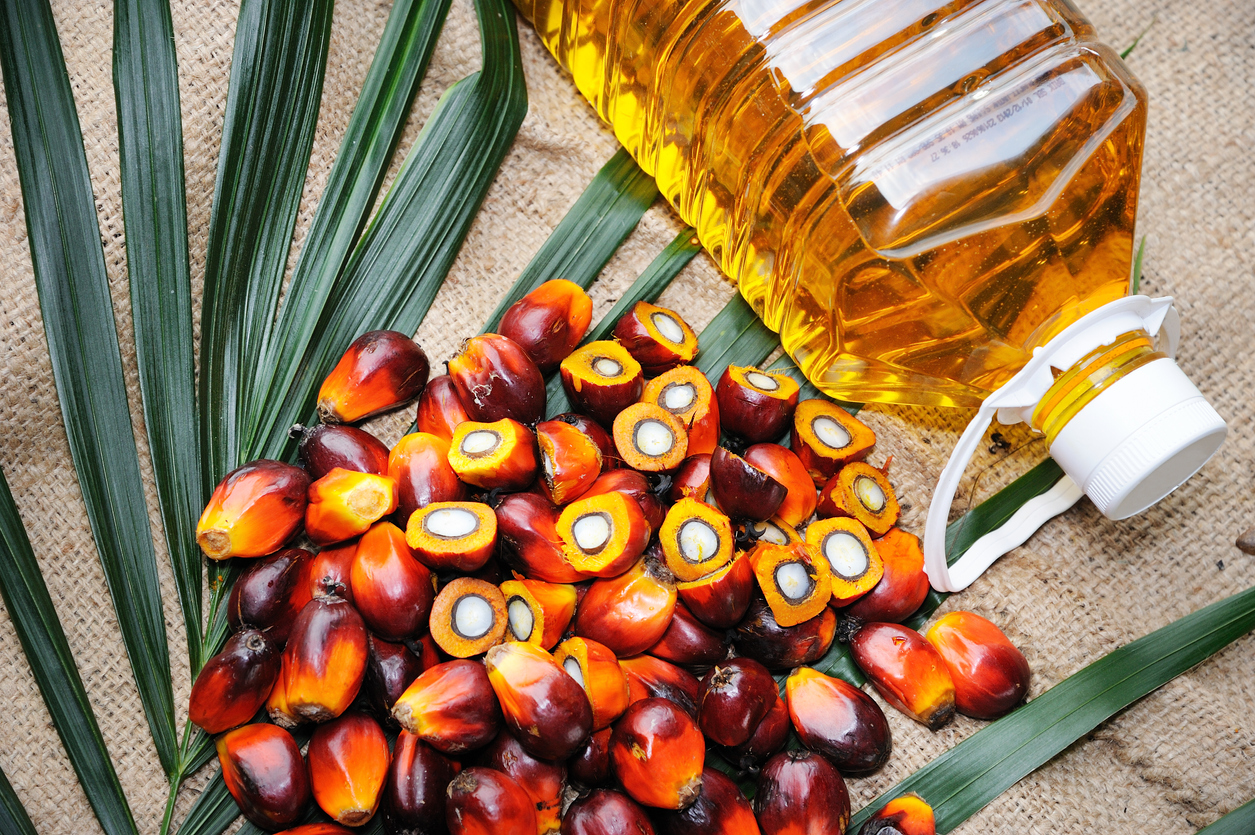How to Buy Crude Palm Oil in Nigeria: A Comprehensive Buying Guide
How to Buy Crude Palm Oil in Nigeria: A Comprehensive Buying Guide
Purchasing crude palm oil in Nigeria can be a daunting task, especially if you are a first-time buyer. The Nigerian crude palm oil industry is a vibrant one, with a wide variety of products available in the market. From the different grades of crude palm oil to the various suppliers and methods of payment, there are multiple aspects to consider before purchasing. This comprehensive buying guide will provide you with all the necessary information you need to make an informed decision when buying crude palm oil in Nigeria. It will discuss the different types of crude palm oil available, the factors to consider when selecting a supplier, and the payment options open to you. By the end of this guide, you will be equipped with the knowledge and confidence to make the best purchase decisions for your needs.
Types of Crude Palm Oil Available in Nigeria
There are three types of crude palm oil available in Nigeria. Each type is produced by a different process and has a different end use. – First-grade crude palm oil – This is the highest grade of crude palm oil available in Nigeria. It is produced by a combination of mechanical extraction and hydro-treatments. This first-grade crude palm oil is suitable for both edible and non-edible applications. – Standard crude palm oil – This grade of crude palm oil is produced using mechanical extraction. It has suitable characteristics for edible applications. – Crude palm stearin – This is the least desirable grade of crude palm oil. It is produced using the least efficient methods. It is a by-product of refining first-grade crude palm oil. Crude palm stearin is usually used in the production of candles and soap.
Factors to Consider When Selecting a Supplier
When buying crude palm oil in Nigeria, you should carefully consider the supplier from whom you purchase your products. The supplier is bound to affect the quality of your end-product and other business decisions such as pricing and payment terms. A few key factors to consider when selecting a supplier include: – Reputation – Before selecting a supplier, do your research to verify the reputation of the supplier. Find out what other buyers consider about their experience with the supplier. – Cost – The pricing of crude palm oil can vary greatly depending on the supplier. Make sure to pick a supplier with competitive rates to help you minimize costs. – Types of crude palm oil available – Select a supplier that offers the types of crude palm oil you need.
Payment Options for Purchasing Crude Palm Oil
In addition to the factors discussed above, you should also consider the payment options offered by the suppliers. There are a wide variety of payment options available, with each having their own advantages and disadvantages. Some of the most common payment options include: – Letter of Credit (LC) – An LC is one of the most common payment options when buying crude palm oil in Nigeria. It is a highly secure and transparent payment method, with banks providing the guarantee for the payment. – Cash Against Documents (CAD) – In CAD, you will make one payment at the time of delivery, with the supplier providing you with a letter of receipt as security. – Down payment/Deposits – In this case, you make a deposit at the time of purchase. The deposit is then used to purchase the product when it is ready for delivery.
Other Important Considerations
– Large order quantity – When buying crude palm oil in Nigeria, you may want to purchase in larger quantities to take advantage of the economies of scale. However, ensure that you are purchasing enough to make the order worthwhile for the supplier. – Packaging and delivery – The packaging and delivery of your crude palm oil should be carefully considered. Packaging should be appropriate for the product and delivery should be timely to ensure that you don’t face losses during transit. – Price volatility – Crude palm oil prices are highly volatile. Ensure that you are purchasing at a reasonable rate to prevent losses due to price fluctuations. – Payment terms – The payment terms offered by the supplier are also an important consideration. Find a supplier with terms that are acceptable to you, but that are also reasonable.
Conclusion
Choosing the correct supplier and payment terms is essential when buying crude palm oil in Nigeria. This buying guide provides you with the information you need to make the best buying decisions. It discusses the types of crude palm oil available and the factors to consider when selecting a supplier. It also provides you with an overview of the different payment options available to you. By following the advice in this guide, you will increase your chances of making a successful purchase.








LEAVE A COMMENT
You must be logged in to post a comment.